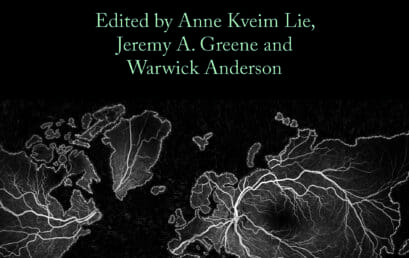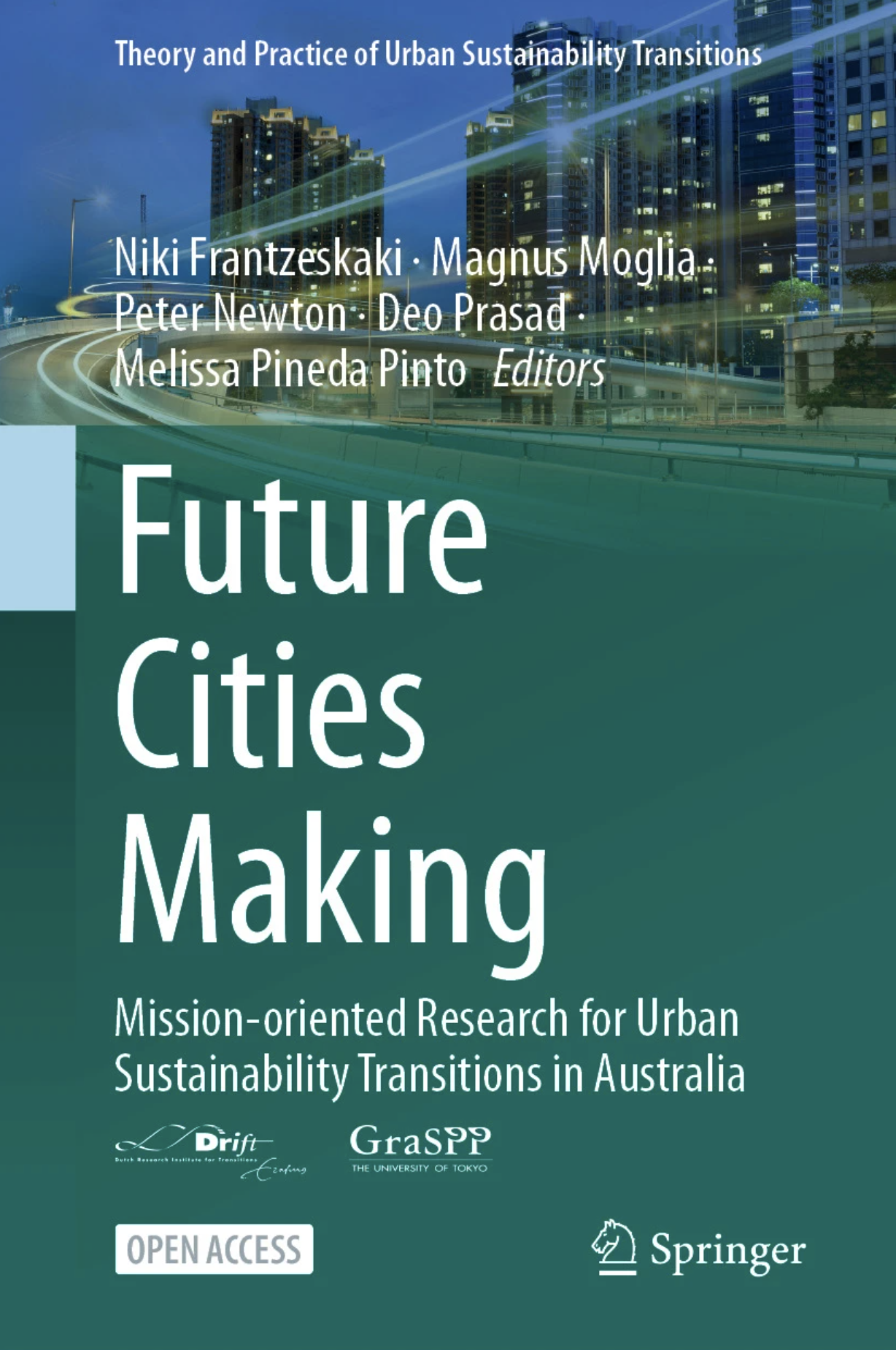 Edited by Vera Mackie, Nicola J. Marks, and Sarah Ferber
Edited by Vera Mackie, Nicola J. Marks, and Sarah Ferber
Lexington Books
“This exemplary volume charts both the promises and fragilities of assisted reproduction as it is being choreographed within and between societies across the globe. Through rich ethnographic, historical, and legal accounts, the collection shines a much-needed light on the ways in which technologies are reconfiguring kin and families, including for transgender people and queer communities. The volume’s focus on the Asia-Pacific is also novel and timely, given regional concerns over low fertility amidst the exploitation of surrogate women’s bodies. In short, this is a must-read volume for anyone interested in gender, technology, and globally mediated quests for conception.” — Marcia C. Inhorn, Yale University
About this Book
From its origins in 1978, when the first babies conceived through in vitro fertilization (IVF) were born in the UK and India, assisted reproduction has become a global industry. Contributors to The Reproductive Industry: Intimate Experiences and Global Processes reflect on the global dimensions of IVF and assisted reproductive technologies, examining how people have used these technologies to create diverse family forms, including gay, lesbian, and transgender parenthood as well as complex configurations of genetic, gestational, and social parenthood. The authors examine how IVF and other reproductive technologies have and have not circulated around the globe; how reproductive technologies can be situated historically, nationally, locally, and culturally; and the ways in which culture, practices, regulations, norms, families, and kinship ties may be reinforced or challenged through the use of assisted reproduction.
About the Editors
Vera Mackie FASSA is senior professor of Asian and international studies and director of the Center for Critical Human Rights Research at University of Wollongong.
Nicola J. Marks is senior lecturer at the University of Wollongong.
Sarah Ferber is professor of history at the University of Wollongong.





